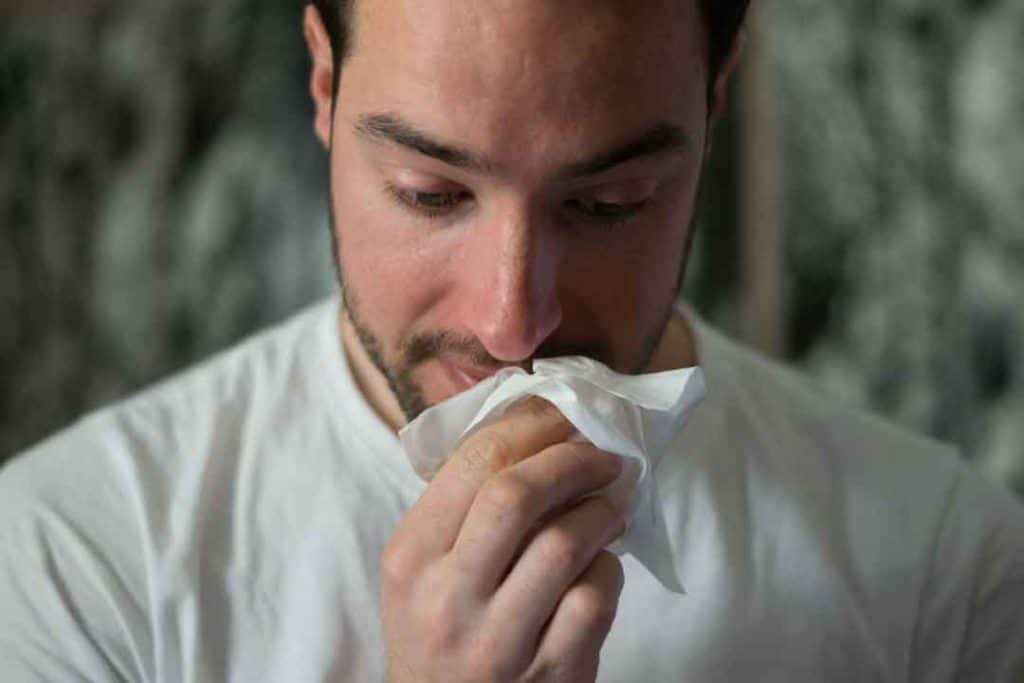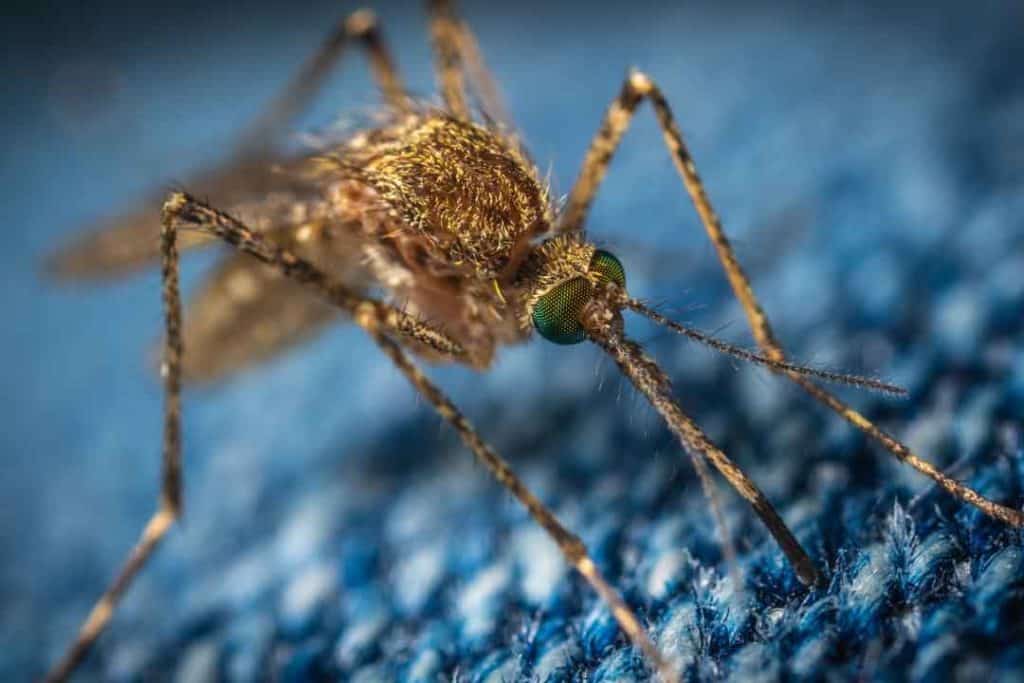Spring health concerns
Spring health concerns
Spring health concerns we all need to look out for

Spring has sprung!
Spring has sprung! 1 September marked the start of Spring in the southern hemisphere, and with it comes a range of health issues to keep in mind. Read on to hear more about how you can dodge these typical Spring ailments.
1. Allergies

Spring is a terrible time for allergy sufferers.
Spring can be a terrible time for allergy sufferers. As plants release their pollen into the air, it travels far and wide, irritating those with a pollen allergy. The immune system has a go at fighting off this pollen, releasing antibodies as the first form of attack. But this then leads to the release of histamines…then there’s the runny nose, watery eyes, itchy sinuses, ear congestion…it just goes on.
If moving to a concrete box isn’t an option for you, then your first step is to seek individual advice from a health professional. They may look at things such as antihistamines or nasal sprays, to cope with all that nature is throwing your way. If you’re new to the world of allergies, then you may need to speak to an allergist or immunologist, just to find out exactly which plants you are sensitive to.
Other related issues could be allergic rhinitis (hayfever), and an exacerbation of asthma symptoms. The main thing is that you don’t suffer for a whole season – have a chat to us to go through your options.
2. Sports injuries

Ease back into exercise after winter.
Spring is the perfect time to get stuck into the exercise again – the weather is warming up (but not too hot!) and the days are getting longer.
Depending on where you live in Australia, you might just be emerging from your winter hibernation, throwing off the rug and slippers and stepping out for the first time in months. Sometimes the temptation is to try and pick up where you left off, forgetting that your body has lost a bit of conditioning over the winter months. So the key is to ease back into it, listen to your body, and gradually build up your training regime again.
If exercise is something you haven’t done for a very long time, we’d suggest booking a consult with us to have a general health check first. You want to be sure that your efforts aren’t thwarted by an early injury, and that you are aware of your body’s limitations.
3. Cold and Flu

Winter might be over, but cold and flu conditions are still around.
Unfortunately the end of winter doesn’t necessarily signal the end of the cold and flu season. While we are most likely to be through the worst of it, often the flu season drags on through September and October.
So don’t let your guard down just yet. Keep up with the hand-washing, cover your coughs and sneezes, keep things nice and clean and avoid sharing things such as towels, cups and plates, especially with those who have flu-like symptoms.
The common cold is still around as well so look out for symptoms such as sore throat, runny nose, congestion and fatigue (refer to our post on the differences between the cold and flu to find out more).
Whether a cold or the flu, do not hesitate to seek medical advice based on your own circumstances. We may arrange testing to determine if it is the flu, and if so which strain, and then may advise on an appropriate course of action. If you need one we may also supply you with a medical certificate for your employer should you need time off to recuperate.
4. Insects and Animals

Animals are on the move in Spring.
Eeek! If you’re not a fan of creepy crawlies…look away now. Spring is a time when some animals start to wake up from their winter slumber and become more active. They’re also overly-protective of their young families, all of which can cause issues for us humans!
Mosquitoes start to mobilise as the weather warms up, and particularly like moist, warm conditions, so take extra care if you live near wetlands or are experiencing warm, wet weather. A good quality mosquito repellent containing DEET may help, or a natural alternative such as citronella or tea tree oil may also do the trick.
In Australia, some mosquitoes can transmit viruses such as Ross River Virus, which may or may not bring on a fever, rash and joint pain/swelling.
Snakes are also starting to become active, and are on the move as they look to breed. If you are unlucky enough to sustain a snake bite, call Triple Zero (000) for an ambulance. They will advise you what to do and talk you through it until help arrives. It doesn’t hurt to familiarise yourself with first aid treatment just in case, and resources such as this one, provide a useful summary. Also, it goes without saying, but don’t try and catch the snake, you’ll probably just end up with another bite to deal with.
A more common injury sustained in Spring is that from swooping birds. Magpies, in particular, like to take on us humans as we innocently walk past their well-hidden nest. Common advice is to carry an umbrella for protection, and to walk quickly out of the area (and good luck!)
5. Sun Safety

The sun is out - time to think about sun safety.
Animals aren’t the only ones emerging from hibernation. If you haven’t been outside since Easter, it’s time to give sun safety some due consideration. Take a look at the expiry date on your sunscreen, and update it if necessary, put it on before you leave the house each day, and top up as necessary. Wear a hat and glasses, and cover up when you can.
Melanoma is the third most common cancer for Australian men and women, but the good news is, that if spotted early, treatment can result in a complete cure.
It is a good idea to talk to us about your level of risk, and how to check your skin. Keep an eye on your skin, and check regularly for changes, remembering that you are more likely to see it than feel it. Spring is a great time to develop the habit of regularly checking your skin and observing freckles and moles to see if you see anything change. There is a useful resource here outlining what to look for, and the different skin types.
Medical professionals are you best bet for thorough skin checks. Chat to us about your options, and we can also refer you to a dermatologist if required.
6. Bushfire Smoke

Bushfire season is upon us.
We’ve decided to add this one in after a particularly harsh start to the bushfire season in Queensland and New South Wales.
Bushfires, which are most prevalent in Australia during Spring and Summer, may aggravate those with lung conditions such as chronic bronchitis, emphysema and asthma. Fine particles in smoke can get deep into the lungs, exacerbating existing symptoms.
If conditions are particularly hazardous, you may also find you have itchy or burning eyes, throat irritation or a runny nose.
For those with existing conditions, follow your asthma or COPD action plan, and seek medical advice. If you’re not sure if your action plan is current or adequate, we can talk you through it to check. If at any time you experience difficulty breathing call Triple Zero (000) for emergency assistance.
Spring can be a bit of a minefield for some, but it is also the perfect season to get out and about and enjoy the sunshine and fresh air. Don’t let any of these Spring ailments get you down – book a consult with us to take care of things such as skin checks, asthma action plans, and allergy maintenance, then get on with enjoying the season.
This website does not provide medical advice. It is intended for informational purposes only. It is not a substitute for professional medical advice, diagnosis or treatment. Never ignore professional medical advice in seeking treatment. If you think you may have a medical emergency, immediately dial Triple 0 (000).